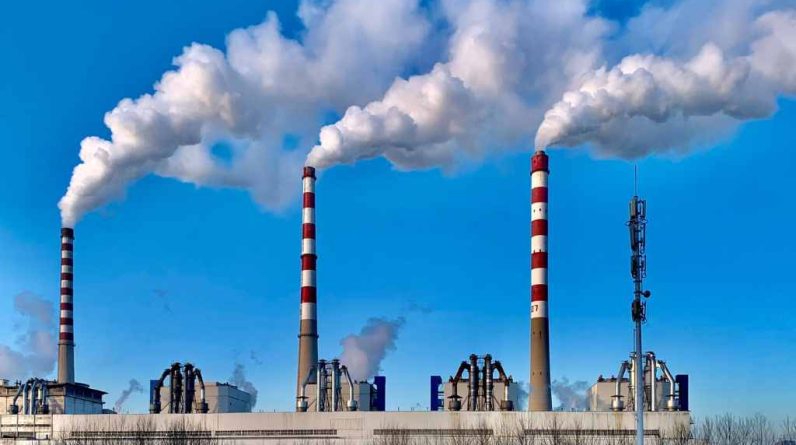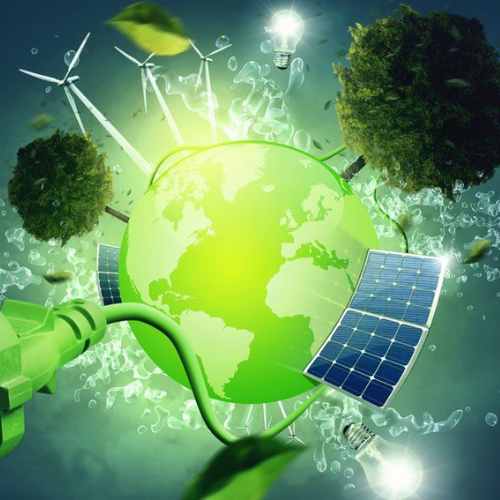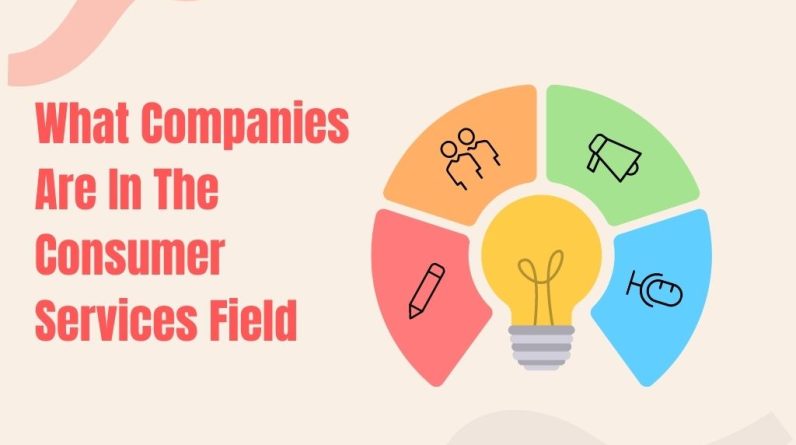
The world’s dependence on fossil fuels, the backbone of modern industrialization, raises concerns about their finite nature. Many wonder when will we run out of fossil fuels and what the implications might be for our survival. In this blog, we will explore the pressing questions surrounding the depletion of fossil fuels and the potential for transitioning to more sustainable energy sources.
When Will We Run Out of Fossil Fuels?
The primary question on everyone’s mind is, “When will we run out of fossil fuels?” Experts estimate that at current consumption rates, we have enough fossil fuels to last for several decades. However, these estimates assume no significant changes in energy consumption patterns or the discovery of new reserves.
Oil is expected to last for around 50 to 70 more years, while natural gas reserves might last up to 100 years. Coal, being the most abundant fossil fuel, could potentially last for over 150 years. Nevertheless, these numbers are not set in stone as they depend on factors such as technological advancements, energy efficiency, and global efforts to transition to alternative energy sources.
How Long Until We Run Out of Fossil Fuels?
The consumption of fossil fuels is not evenly distributed worldwide. Developed nations tend to have higher energy demands, which may deplete fossil fuel reserves more rapidly in those regions. Conversely, developing countries may still rely on traditional energy sources, but their energy consumption is increasing as they continue to grow economically.
To slow down the depletion of fossil fuels, we must take steps to reduce overall energy consumption and invest in renewable energy alternatives.
Can We Survive Without Fossil Fuels?
The secondary keyword in our discussion, “Can we survive without fossil fuels?” is a crucial question we must address. The answer is yes; we can survive without them. In fact, moving away from fossil fuels is not only possible but also necessary for the long-term sustainability of our planet.
Transitioning to renewable energy sources, such as solar, wind, hydro, and geothermal power, is the key to reducing our dependence on fossil fuels. These sources are abundant and can be harnessed without releasing harmful greenhouse gases, mitigating climate change and its catastrophic consequences.
The Road to Energy Transition
Achieving a world powered by clean energy is not a distant dream; it’s a reality we can shape today. Several countries and communities have already made significant strides in adopting renewable energy technologies and implementing energy-efficient practices.
Raising Awareness
Educating the public about the benefits of renewable energy and the consequences of continued fossil fuel consumption is essential. By raising awareness, we can create a collective mindset focused on sustainability and environmental responsibility.
Challenges and Opportunities
While the transition to renewable energy is promising, it comes with its challenges. One significant concern is the existing infrastructure heavily reliant on fossil fuels. Industries, transportation systems, and power plants designed around fossil fuels may find it challenging to switch to renewable alternatives seamlessly. However, overcoming these challenges presents a great opportunity for innovation and job creation in the renewable energy sector.

The Role of Individuals
The collective efforts of governments, businesses, and individuals are essential for a successful energy transition. As individuals, we can contribute to this global movement in various ways:
Energy Conservation
Simple steps, such as turning off lights and appliances when not in use or using energy-efficient products, can collectively make a significant impact on energy consumption.
Supporting Renewable Energy
Choose energy providers that offer renewable energy options and invest in solar panels for your home when feasible.
Advocacy and Education
Engage in discussions about renewable energy and climate change, and support policies that promote clean energy sources.
Conclusion
The world is at a crossroads concerning its energy future. Our dependence on fossil fuels has severe implications for climate change, air quality, and the long-term well-being of our planet. By embracing renewable energy and sustainable practices, we can secure a brighter, cleaner, and more resilient future for generations to come. Together, we can move away from our dependence on fossil fuels and create a sustainable and prosperous energy future. Let us be the driving force for change, one renewable energy source at a time.






